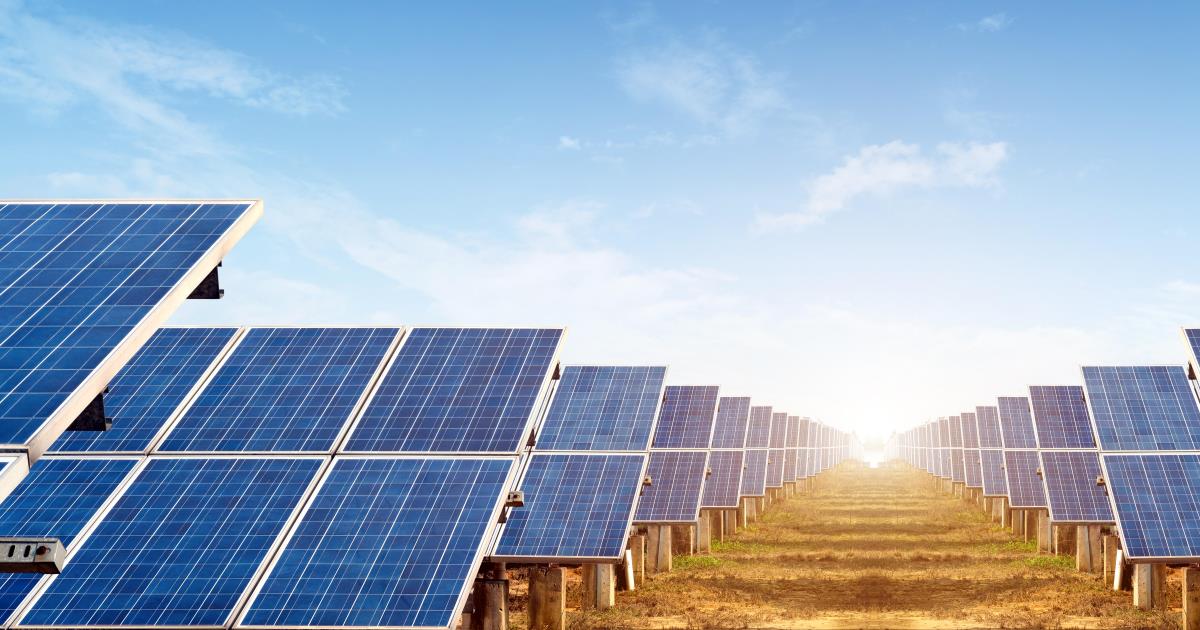The modern home has become increasingly reliant on sustainable practices and technologies, and it is no surprise that the triple-play concept of gardens, heating systems, and solar energy has become an attractive option. The triple play concept is an innovative approach to sustainable design that combines gardens, heating systems, and solar power. By incorporating these elements into a home, homeowners can reduce their energy consumption and environmental impact.
Plants absorb CO2 and produce oxygen, which can help to reduce the amount of energy needed to heat and cool a home. Using geothermal or solar-powered heating systems, homeowners can reduce their energy consumption and lower their energy bills. Solar energy-based systems can be installed to provide clean, renewable energy as this energy can be used to power appliances and lighting, and heat and cool the home.
Table of Contents
Gardens
Gardens are definitely the first choice for homeowners looking for ways to go sustainable and should be.
A. Benefits of Home Gardens
- Biodiversity Preservation and Habitat Creation: Home gardens can provide a habitat for many native species of plants and animals. This can help to promote biodiversity in urban or suburban areas, which can help to combat the effects of habitat destruction and climate change. Home gardens can also provide a safe haven for pollinators and other beneficial insects, which can help to increase agricultural yields.
- Improved Air Quality and Carbon Sequestration: Home gardens can help to reduce air pollution by absorbing and trapping pollutants such as carbon dioxide, nitrogen oxides, and particulate matter. Home gardens can also help to sequester carbon, thus helping to reduce the effects of climate change.
- Stormwater Management and Erosion Control: Home gardens can help manage stormwater runoff by trapping and absorbing water in the soil, as well as slowing the flow of water and reducing erosion. This can help to reduce flooding and soil erosion, while also helping to improve water quality.
B. Ways to incorporate sustainability in home gardens
- Choose native plants: Incorporating native plants in your home garden is one of the best ways to promote sustainability. Native plants are adapted to local climate and soil conditions, so they require less resources and effort to maintain.
- Practice composting: Composting is an excellent way to reduce waste in your garden and create nutrient-rich soil. Composting also helps reduce the amount of organic material going to landfills and reduces the need for chemical fertilizers.
- Collect rainwater: Instead of using city water or well water for your garden, consider collecting and using rainwater. Rain barrels are an easy and effective way to harvest rainwater and use it to water your garden.
- Avoid synthetic fertilizers: Synthetic fertilizers are made from non-renewable resources and can be harmful to the environment. Instead, opt for natural fertilizers, such as compost or manure, which are better for the environment and your plants.
- Sustainable constructions: Sustainable constructions in home gardens like green roofs, living walls, and patio construction can help to reduce energy consumption, water consumption, and enhance biodiversity. For your patio construction, choose sustainable materials such as natural stone or recycled ones like concrete, gravel, or recycled plastic. Consult with professionals to get more information on these types of constructions.
Energy-Efficient Heating Systems
While normal heating systems provide comfort, an energy-efficient heating system will help you reduce energy consumption and lower your carbon footprint as well.
A. Benefits of Energy-Efficient Heating Systems
- Lower Energy Consumption: Energy-efficient heating systems can help reduce energy usage by up to 40%. This can translate into lower energy bills each month and potentially a significant amount of money saved over the lifetime of the system.
- Improved Comfort: Many newer energy-efficient heating systems feature improved air quality, better temperature control, and quieter operation. This can lead to improved air quality and a more comfortable living environment.
- Longer Lifespan: Energy-efficient systems are often designed to last longer than their less efficient counterparts. This means that you can get more use out of the system before needing to replace it, potentially leading to a greater return on your investment.
B. Ways to incorporate sustainability with heating systems
- Upgrade to a High-Efficiency Furnace: High-efficiency furnaces are designed to burn less fuel while delivering more heat. By upgrading to a high-efficiency furnace, you can reduce your energy bills and reduce your environmental impact.
- Install a Programmable Thermostat: A programmable thermostat can help you control the temperature in your home more accurately and efficiently, potentially leading to energy savings and cost reductions.
- Utilize Geothermal Energy: Geothermal energy is a renewable energy source that can be used to heat your home. By investing in a geothermal system, you can reduce your energy costs and reduce your environmental impact.
- Regular servicing and repairs: Service and repairs can ensure the system is utilizing less energy than an inefficient system. A well-maintained system can also reduce the likelihood of malfunctions or breakdowns, reducing the need for additional energy and resources to repair or replace parts. Thus, it’s important to have regular service and repairs done right here to ensure the efficient running of your system.
Solar Based Systems
The sun has always been the source of life, so why not use it to power our homes? Solar-based systems in homes are a great way to play with sustainability and reduce our reliance on traditional energy sources.
A. Benefits of Solar systems
- Clean source of energy: Solar energy is a renewable, clean source of energy that does not emit any pollutants or greenhouse gases into the environment. This means that the use of solar systems helps to reduce air pollution and its associated health risks.
- Renewable energy source, meaning it will never run out. This is one of the greatest benefits of solar energy, as it does not require any external source or fuel to produce power.
- Durable and require minimal maintenance: Solar systems are designed to last for decades and require very little maintenance. They are also highly reliable, with few breakdowns and a long lifespan.
- Versatile: Solar systems can be used to power homes, businesses, and even vehicles. Additionally, they can be used to generate electricity even when the sun is not shining, through the use of battery storage systems.
B. Ways to incorporate sustainability with solar systems
- Utilize Solar Panels: Solar panels are an effective way to incorporate sustainability with solar systems. Solar panels collect energy from the sun, which can be used to power homes, businesses, and other buildings. This reduces the need for electricity from traditional sources such as coal and natural gas while providing clean energy.
- Install Solar Trackers: Solar trackers are a type of solar system that follows the sun’s movement throughout the day, allowing them to capture more energy than stationary panels. By installing solar trackers, the total amount of energy collected can be increased up to 25%.
- Utilize Battery Storage: Opting for a battery storage system is a resourceful way to keep the harvested energy safely stored. Then, you can utilize it in the evening or when the sun is taking a break, bringing your electricity needs to a standstill. It also helps to stabilize the power grid and reduce the reliance on electricity from conventional sources. Additionally, a battery storage system acts as a useful source of energy during peak demand periods, allowing you to avoid high electricity costs by using stored power instead of drawing from the grid when rates are at their highest.
- Install Solar Hot Water Heaters: Solar hot water heaters use the sun’s energy to heat water, eliminating the need for electricity or gas for water heating. This can reduce energy consumption and costs while providing hot water.
- Utilize Solar-Powered Appliances: Solar-powered appliances are becoming increasingly popular and are an effective way to reduce energy consumption. These appliances use the sun’s energy to power their operations, eliminating the need for electricity or gas.
- Utilize Solar-Powered Pumps: Solar-powered pumps are a great way to provide water to homes, businesses, and other buildings without the need for electricity or gas. Solar pumps are an effective way to reduce energy consumption and costs while providing a reliable source of water.
Conclusion
The triple play of sustainability – gardens, heating systems, and solar energy – provides modern homes with the ability to transition to a more sustainable lifestyle. With the right combination of landscaping, systems, and energy sources, homeowners can reduce their environmental footprint while saving money and reducing their reliance on traditional energy sources. As technology continues to develop and new solutions become available, the triple play of sustainability will become an increasingly viable option for modern homes. By adopting sustainability measures, homeowners can make a positive impact on the environment and ultimately create a more sustainable future.











